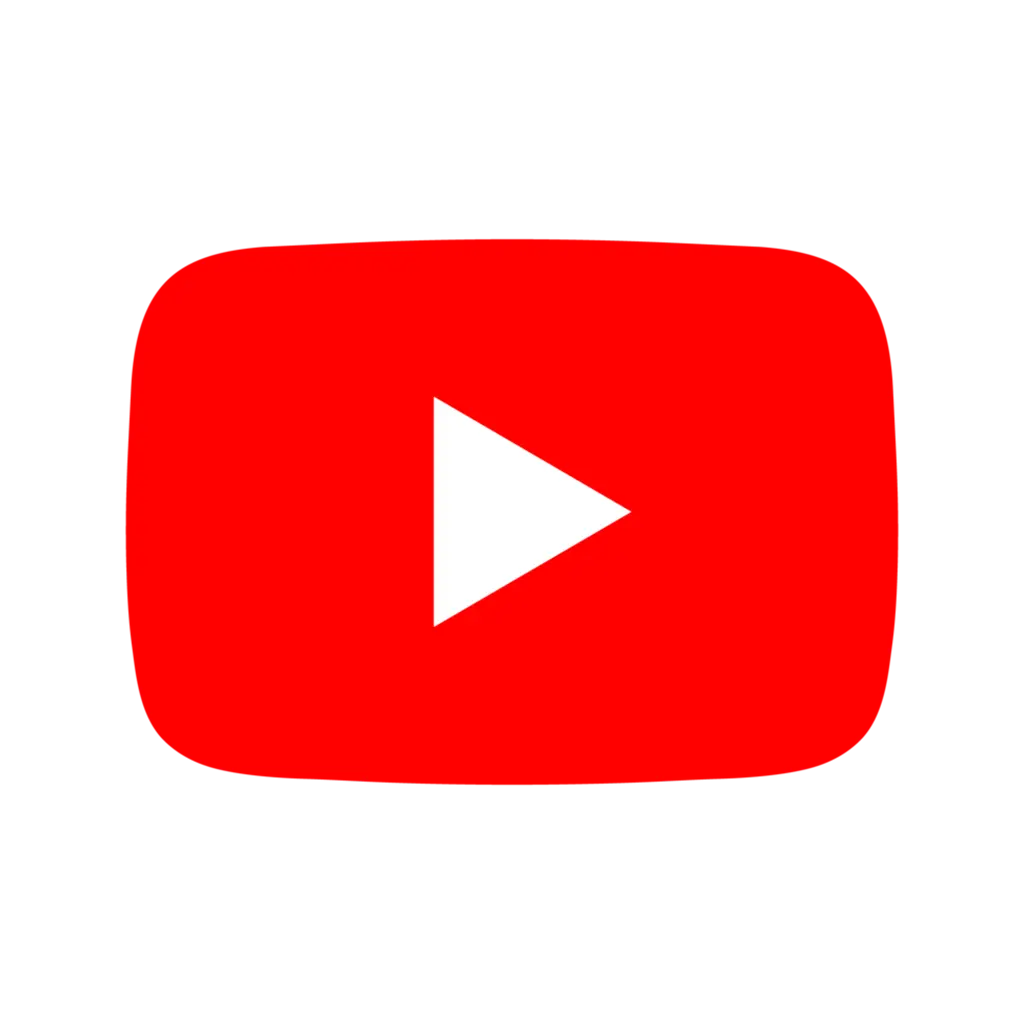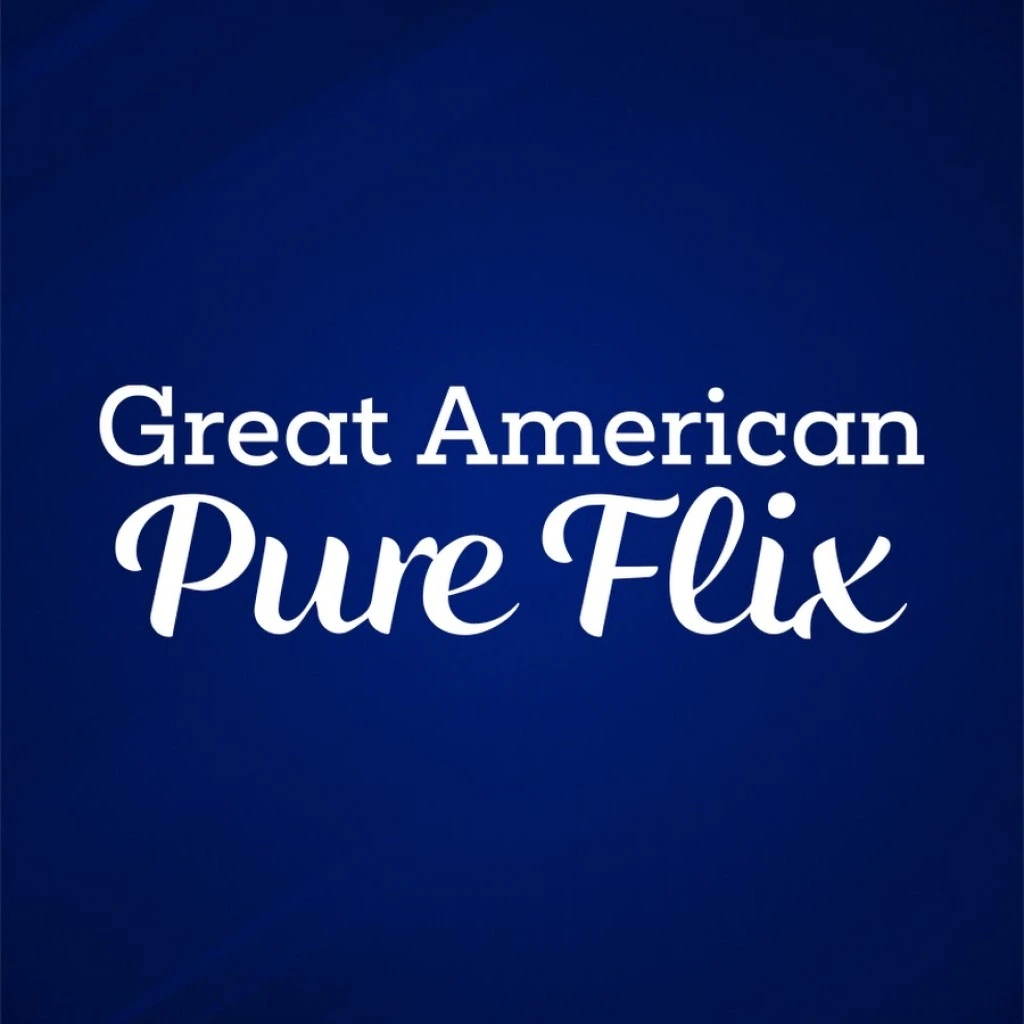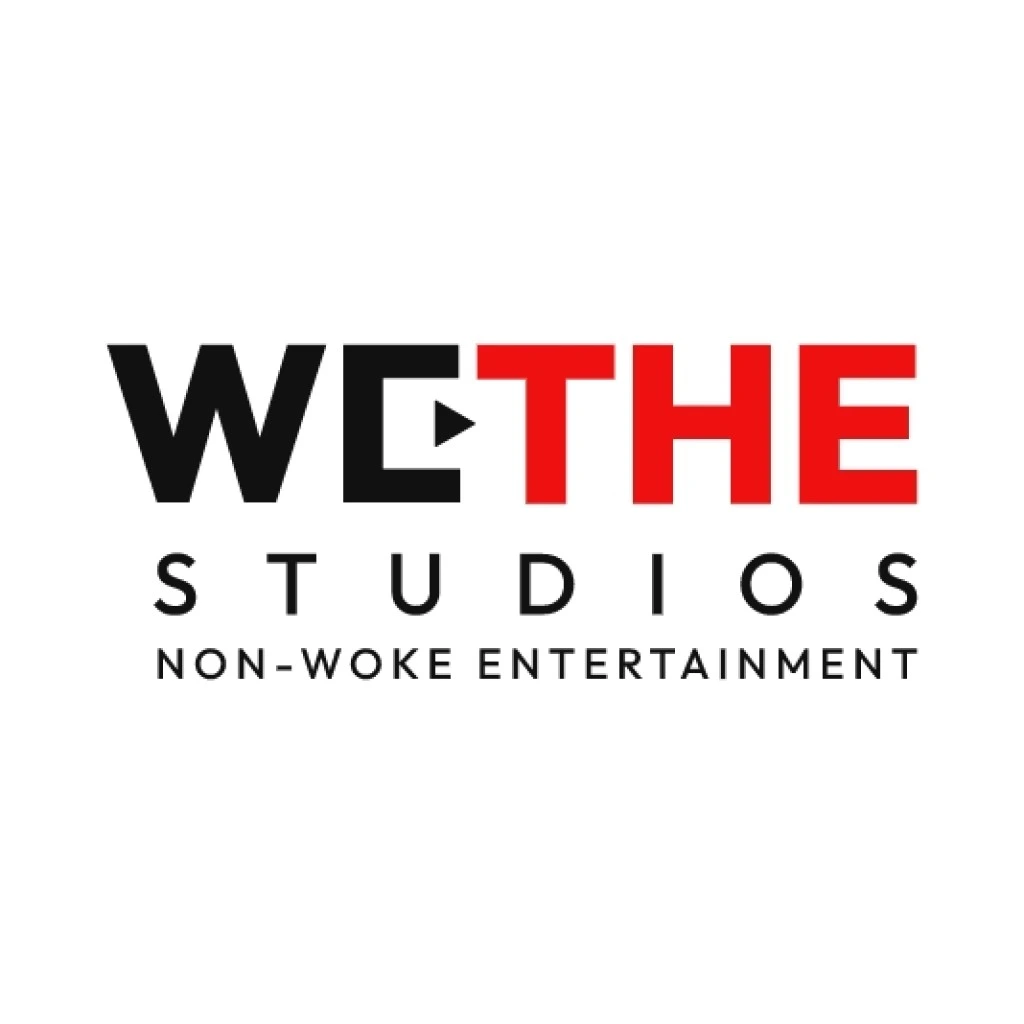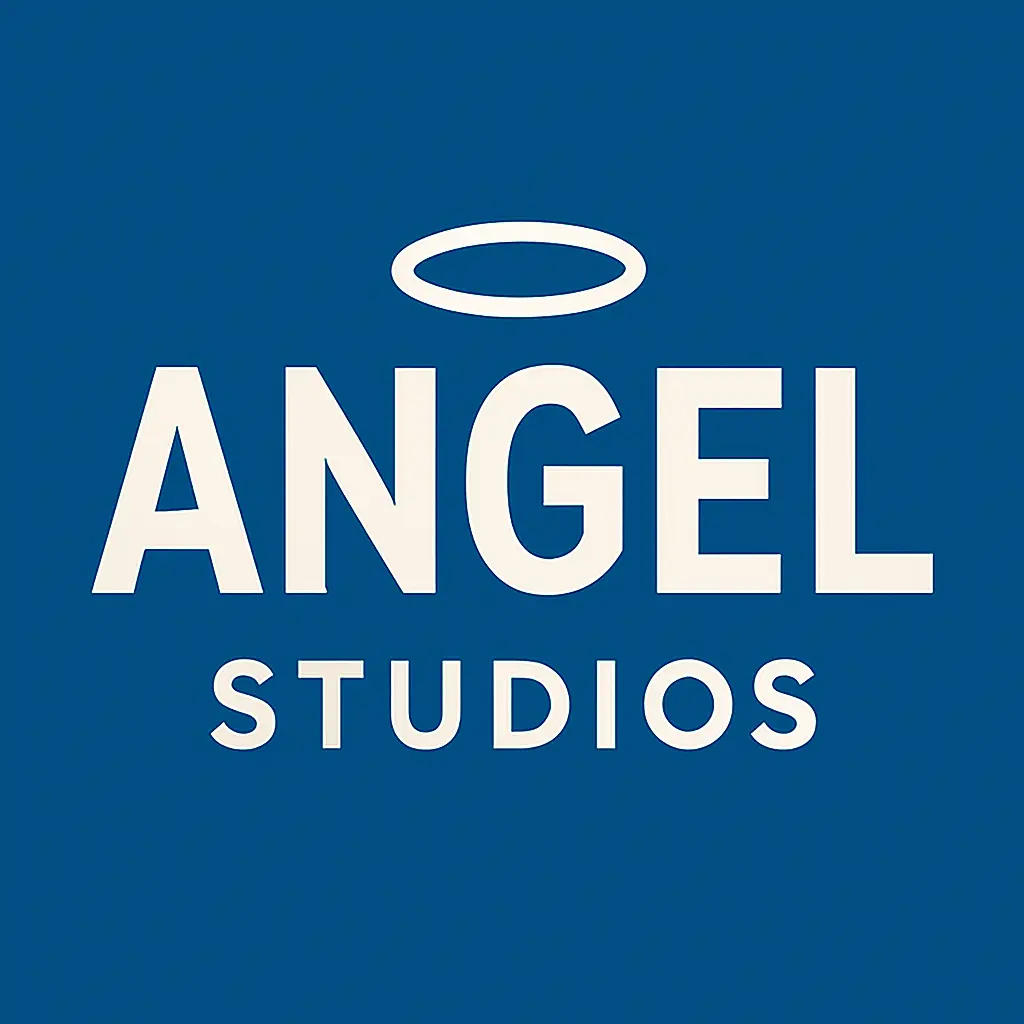YouTube started in 2005 with the simple idea of letting people “broadcast themselves.” It quickly became the global giant for video content, from cat clips to tutorials to corporate ads. What was once a digital Wild West for creators is now a heavily patrolled speech zone. Every video comes with fine print, and free expression now depends on whether your views pass corporate “community guidelines.”
YouTube has leaned fully into activism. Pride Month playlists, climate content restrictions, DEI initiatives, and ESG goals are baked into the company culture. It is not just a platform anymore. It is a political editor that decides which voices deserve amplification and which should be shadow banned. If you thought your subscription was about entertainment, YouTube will remind you it is also about indoctrination.












